Optimal bowel prep for quality colonoscopy outcomes
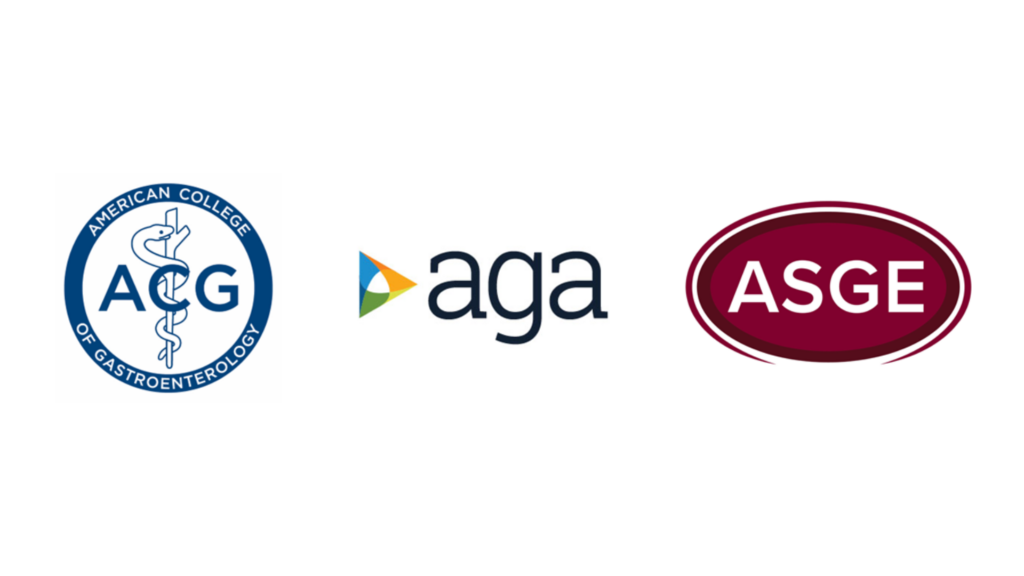
The U.S. Multi-Society Task Force on Colorectal Cancer has released updated recommendations on optimizing bowel cleansing adequacy for colonoscopy — the first update since 2014.
Use of computer-aided detection systems (CADe) in colonoscopy
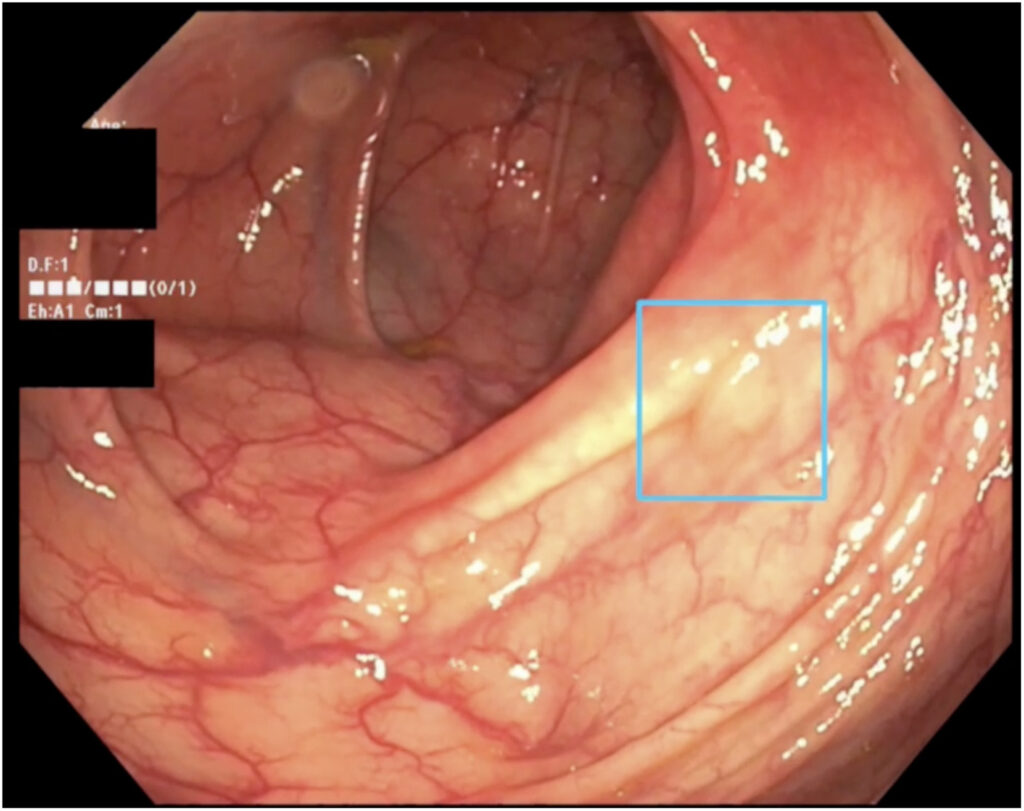
Our detailed review of the evidence shows that artificial intelligence-assisted technology helps identify colorectal polyps, but its impact on colorectal cancer prevention is unclear.
Colorectal cancer toolkit
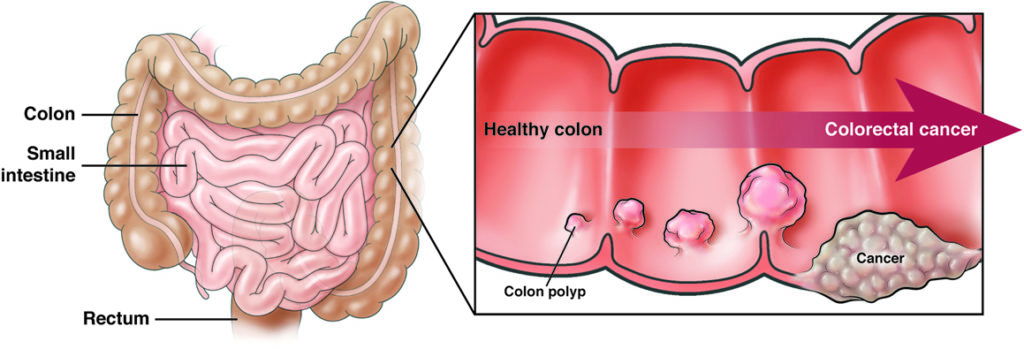
Find the latest colorectal cancer (CRC) clinical guidelines, on-demand clinician education, patient resources and more.
Liquid biopsy for average-risk colorectal cancer screening
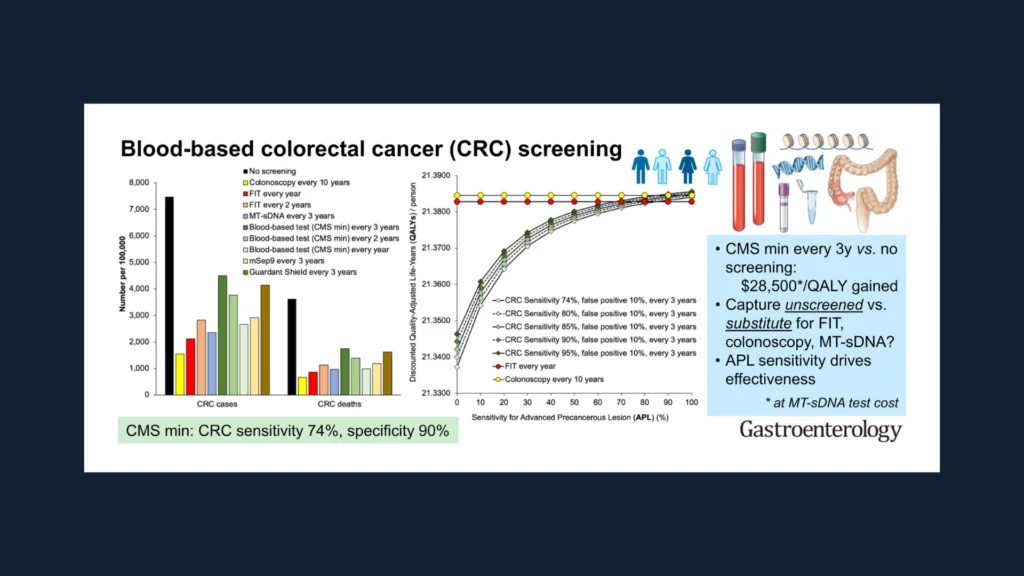
After convening an expert workshop and reviewing two modeling studies, AGA determines blood tests will be better than nothing, but may lead to more CRC cases and deaths than established screening tests.
Appropriate and tailored polypectomy
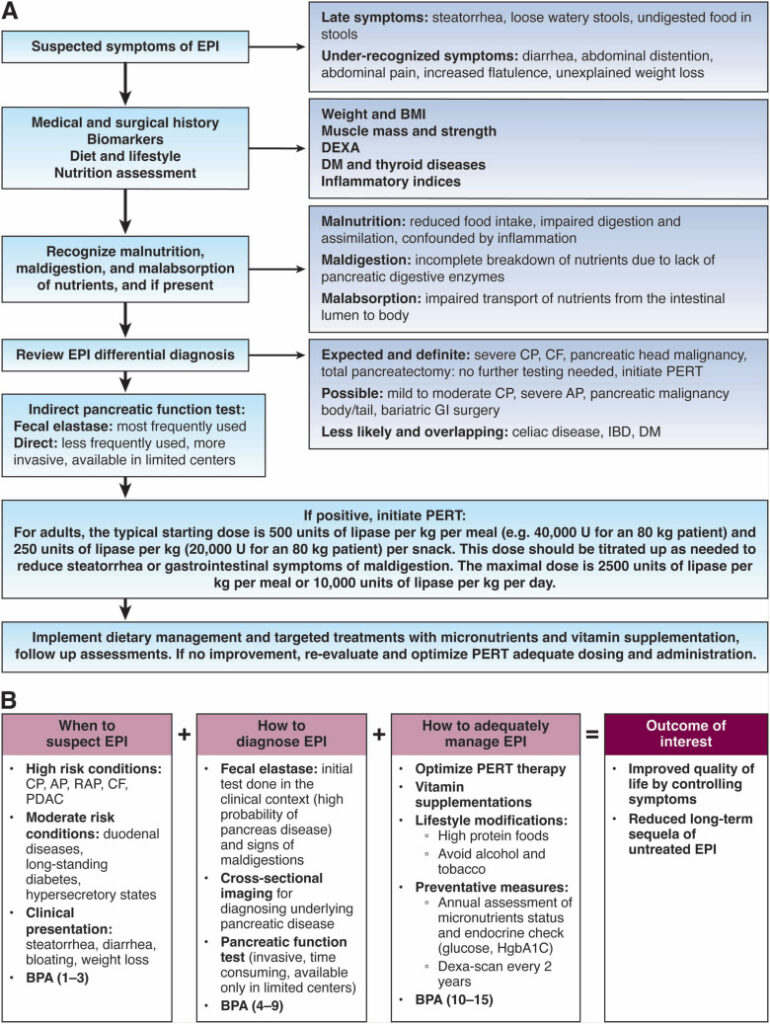
Twelve pieces of practical guidance for clinicians on the appropriate use of different polypectomy techniques.
Endoscopic full-thickness resection for the management of gastrointestinal subepithelial lesions
Experts provide commentary on various techniques for endoscopic full-thickness resection in the management of subepithelial lesions.
Role of artificial intelligence in colon polyp diagnosis and management
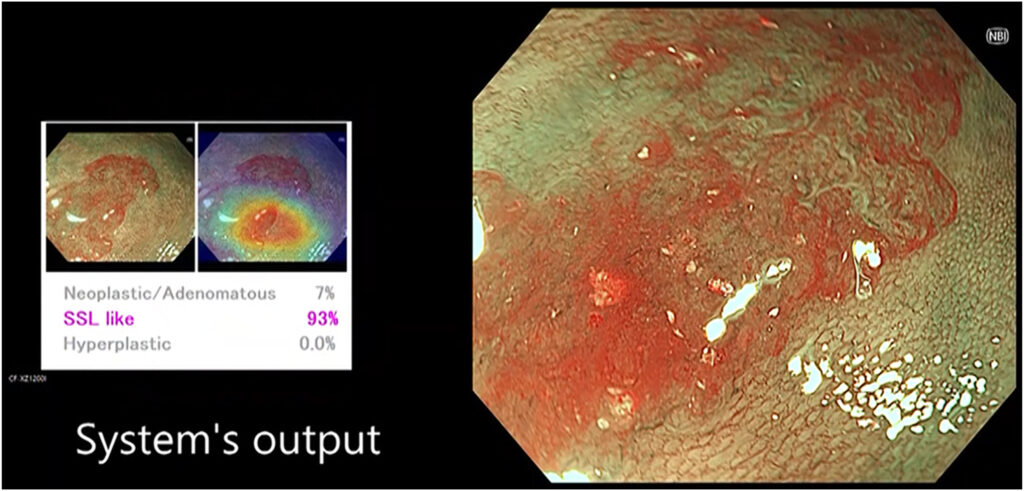
Experts provide commentary on the current landscape of artificial intelligence in the evaluation and management of colorectal polyps.
Risk stratification for colorectal cancer screening and post-polypectomy surveillance
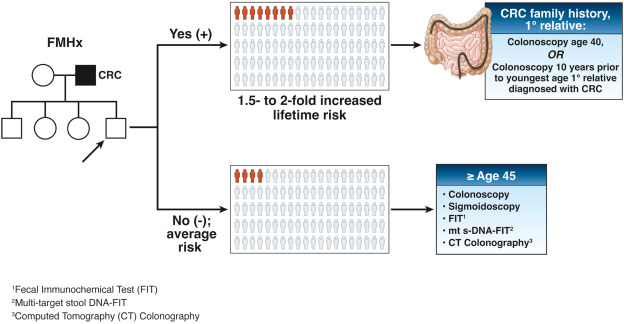
Experts provide nine pieces of guidance on risk stratification for CRC screening and post-polypectomy surveillance.
Reducing the burden of colorectal cancer (CRC)
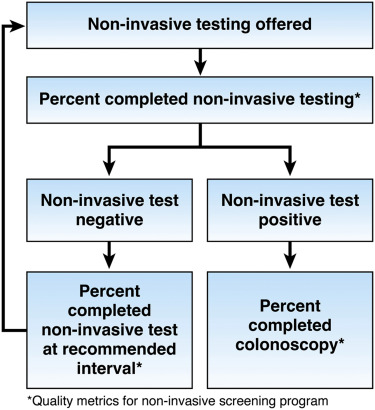
AGA shares 8 position statements to increase CRC screenings, identify barriers and work with stakeholders to eliminate them.
Diagnosis and management of cancer risk for gastrointestinal hamartomatous polyposis syndromes

The U.S. Multi-Society Task Force on Colorectal Cancer (CRC) has 14 recommendations on genetic evaluation, surveillance and treatment best practices.










